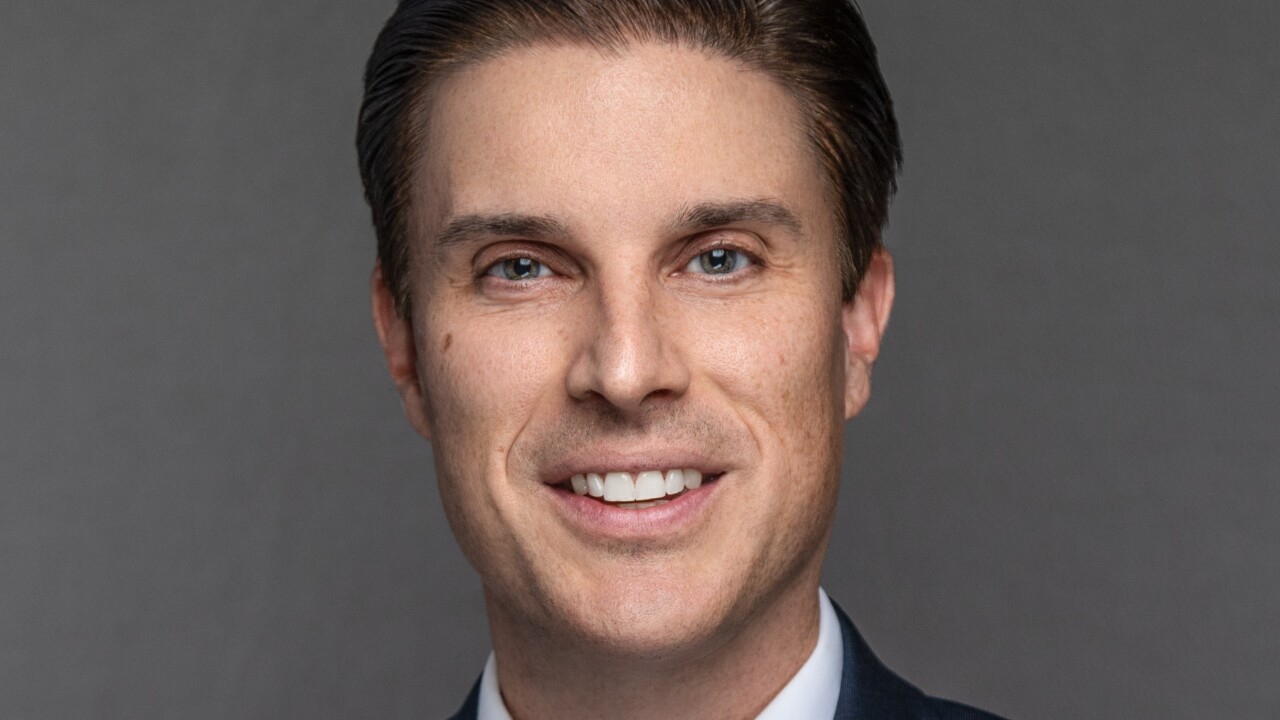Internal Revenue Service Commissioner Charles "Chuck" Rettig told an audience of tax professionals and accountants at the AICPA National Tax Conference in Washington, D.C., on Thursday that he wants to hear from them about the impact of the far-reaching IRS reform legislation that Congress passed earlier this year.
Rettig, a former Beverly Hills tax attorney, started his remarks by noting that he recognized many familiar faces in the audience, as he regularly attended the conference before he began serving as head of the IRS last year. “Bottom line is it's nice to be home,” he said. “I really appreciate each and every one of you and what you do. A little over a year ago, I was in your seats.”
He discussed the Taxpayer First Act, the IRS reform package that was enacted July 1. “It basically provides us with the opportunity to look at a change in the footprint of the Internal Revenue Service, a restructuring of the Internal Revenue Service, if you will,” said Rettig. “We're moving forward with the idea that we have the opportunity to restructure.”

The IRS is looking at ways to improve services for both taxpayers and practitioners. “I can do a lot of service, but not actually change your experience,” said Rettig. “And I can sleep well at night thinking, well, I did what I was supposed to do and I'm performing at a high level. But if I don't enhance your relationships with us, whether you're a practitioner or a taxpayer, a vendor or software provider or whoever, then I have not accomplished it.”
He urged CPAs to provide feedback on the Taxpayer First Act to the IRS. “There's a lot of components to the Taxpayer First Act,” said Rettig. “It’s very important for the AICPA and every practitioner organization to get highly engaged with us on this. This belongs to you. It belongs to your clients. It belongs to every person on the IRS workforce. And we want to get it right.”
The IRS will be working on a plan over the next year for implementing the host of provisions in the legislation, which include taxpayer service, an independent appeals office, improvements in technology and cybersecurity, curbs on civil asset forfeitures, whistleblower protections and more.
“We have a year to basically come up with a plan,” said Rettig. “That doesn't mean that if we ask for comments and the comments need to come out by such and such a date that if you're two days late, you don't give us the comments. We will take comments for the next 25 years. It's an evolving process, and I think that's a good thing.”
The IRS plans to spend between $2.3 billion to $2.7 billion over a six-year period in two phases to implement the plan. Among the changes, Rettig wants to make the IRS more multilingual to reach more taxpayers. “If we don't do it in other languages, we're not enhancing the experience of tens of millions of people in interacting with us,” he said. “We've got a phenomenal platform that everybody can interact with us. If we were to close our Taxpayer Assistance Centers and rest on our laurels, we're actually excluding a tremendous amount of people in this country who actually need us. We want your assistance and input in terms of the Taxpayer First Act, not just as you look at your clients and your practice, but things that you know about the communities that you live in or the communities that you visit. We need to be responsive to all the communities. We need to be responsive to all taxpayers. We need to be responsive to all practitioners. We've heard the requests by the AICPA and others that we have a practitioner division.”
Rettig didn't commit to establishing a dedicated practitioner division but said the agency has been making improvements in its Practitioner Priority Service. The IRS is accepting email suggestions about implementing the new taxpayer law at
Rettig also urged accountants to continue to push for extra funding for the IRS. “The support of the AICPA — the comments that you've made in terms of appropriate funding for the Internal Revenue Service — don't go unnoticed by those of us inside the Internal Revenue Service. We need to get to a point where we have appropriate staffing at important points of contact with taxpayers and practitioners. Your voice is heard. It's heard internally. It's heard on the [Capitol] Hill and by others. Whatever your perspective is in terms of things like IRS funding, I'd say continue that. We're looking to balance enforcement and service. But I really use the term enhancement rather than services. Enhancing your relationship and your interactions with us is where we want to be.”





